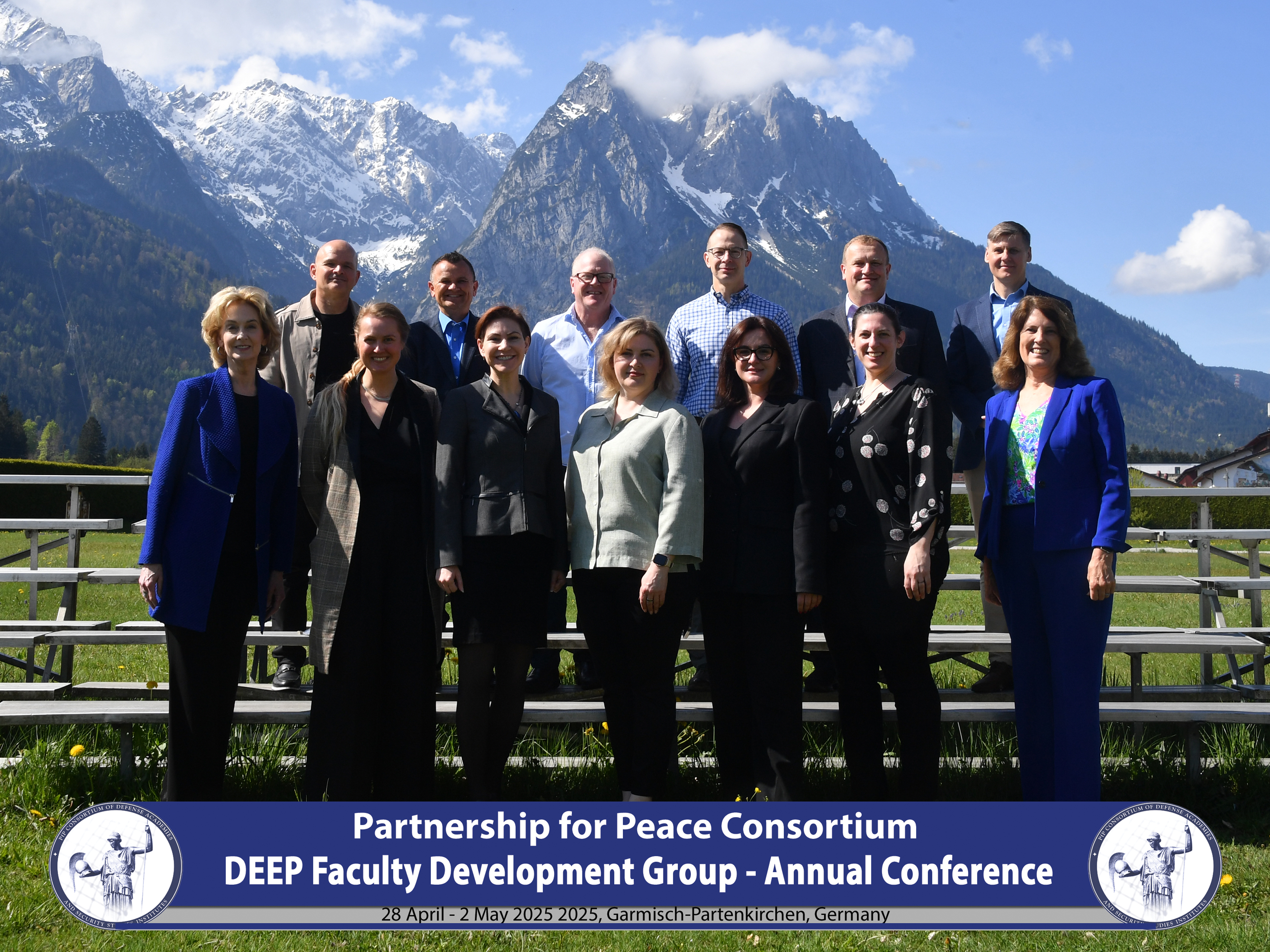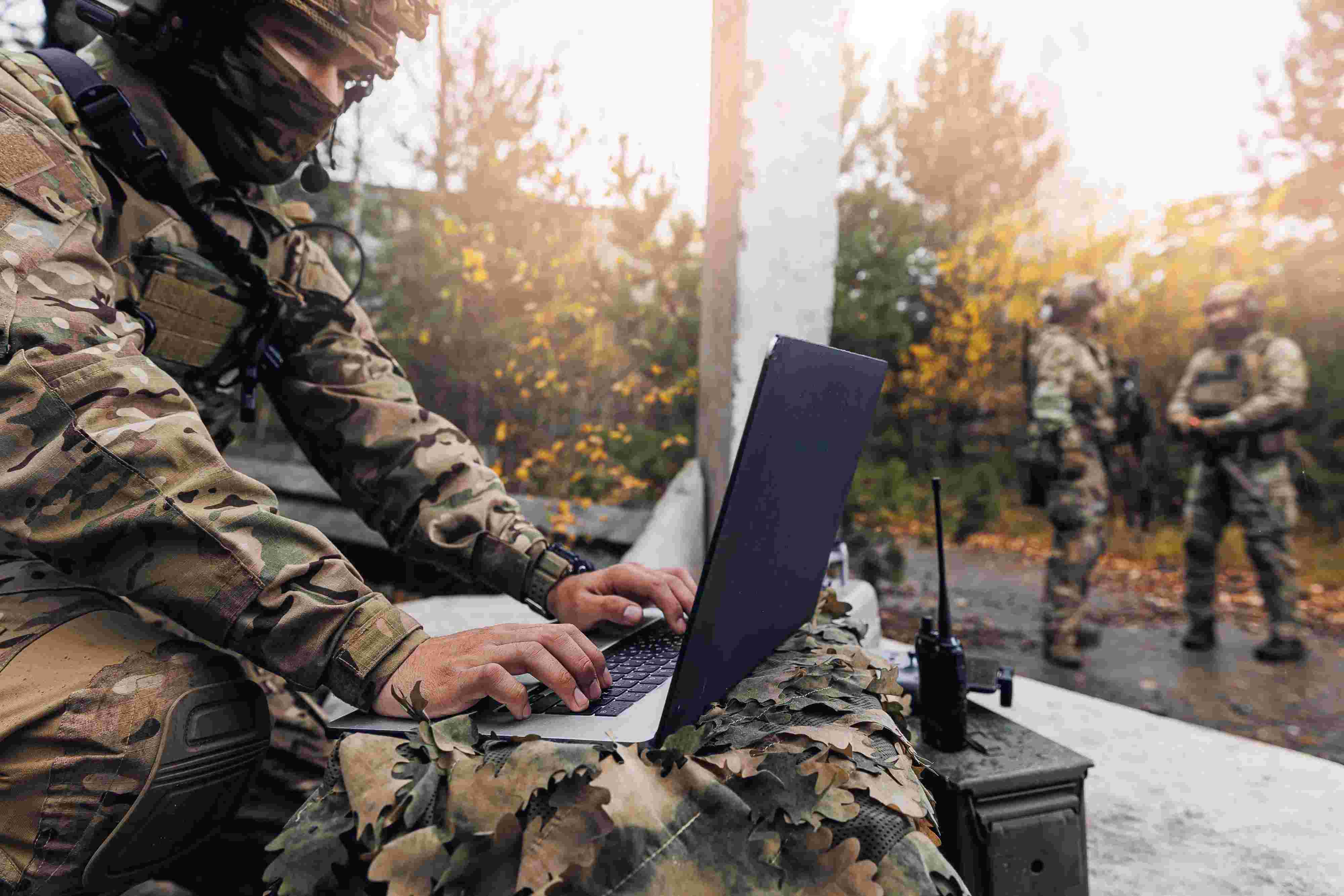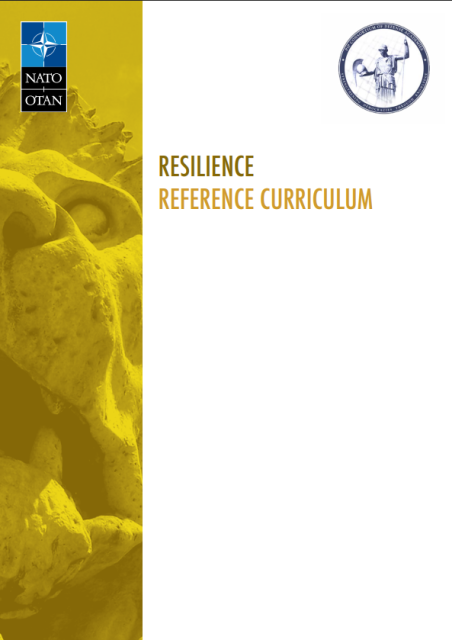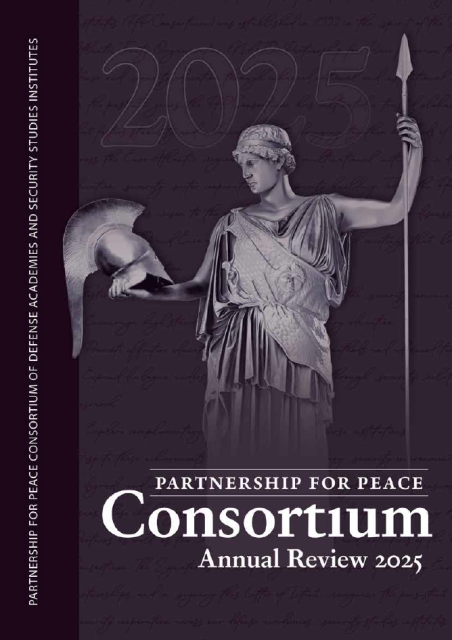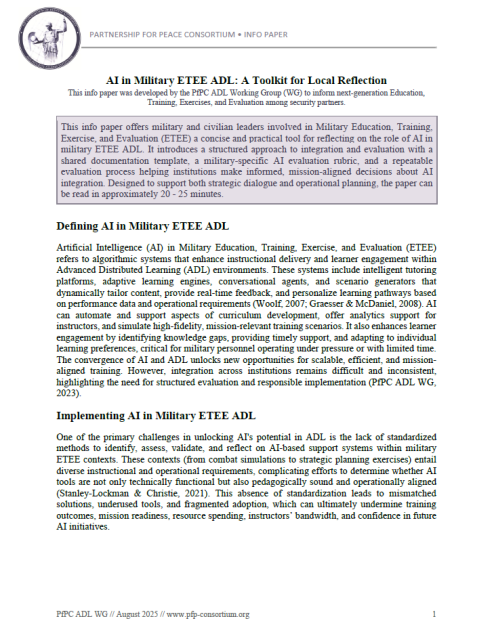
Garmisch-Partenkirchen, Germany - The 2025 Annual Meeting of the Faculty Development Group (FDG) brought together military educators from across NATO partner nations to refine strategies for advancing instructor training and curriculum development. With participants from over a dozen countries, discussions centered on improving information sharing, enhancing faculty development programs, and better aligning with national and institutional needs. A recurring theme was the push for sustainability and adaptability—ensuring that the faculty development programs not only train effective instructors but also help institutions embed these practices in a lasting way. The group also emphasized the importance of updating core resources, such as the Faculty Development Curriculum Guide, to reflect modern realities, including the integration of emerging technologies like AI and principles such as Self-Determination Theory.
Rethinking the Master Instructor Program for Lasting Change
A major focus of the week was evaluating the Master Instructor Program (MIP), a core pillar of NATO’s Defense Education Enhancement Programme (DEEP). Participants explored whether MIP is truly catalyzing institutional change or simply transferring instructional knowledge. Concerns were raised about striking the right balance between standardized content and flexible, context-sensitive implementation—especially in countries facing instability or post-conflict reconstruction. The group concluded that future versions of MIP should explicitly define measurable learning outcomes and allow for tailored program phases while preserving core goals. Greater institutional buy-in and support from leadership were also deemed essential for MIP’s long-term success, with facilitators encouraged to co-develop training initiatives alongside partner country leaders.
Building a Lasting Community of Practice
A highlight of the meeting was the strategic push to transform the FDG into a more structured and sustainable Community of Practice (CoP). Drawing from the successful Ukrainian model, members explored how a CoP can connect facilitators, instructors, and institutional leaders beyond isolated training events. Proposals included creating regular professional development sessions, peer mentorship programs, regional hubs, and streamlined communication platforms. The group also moved forward on drafting a formal charter to define roles and responsibilities and ensure continuity within the volunteer-led network. As the FDG looks to the future, its ambition is clear: to evolve from a collection of passionate educators into a globally connected, professionally recognized community driving innovation and excellence in military education.
You can learn more about the Faculty Development Working Group, which is part of the Education Development Working Group here.
